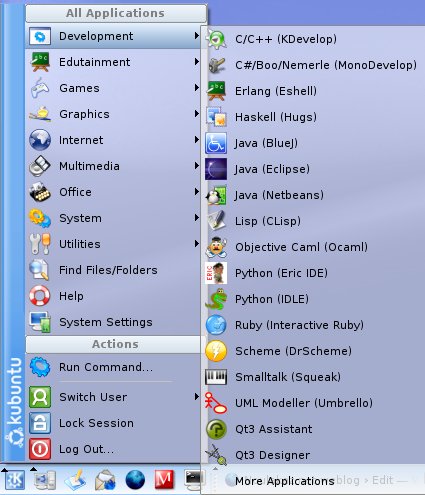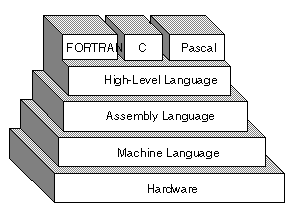Ok. I’m just joking. Actually, it’s much more profound than that. And, for once, I am finding something from Microsoft (or, more precisely, Microsoft Research) fascinating. It’s a report called Towards 2020 Science where, I quote,
“an international expert group was brought together for a workshop to define and produce a new vision and roadmap of the evolution, challenges and potential of computer science and computing in scientific research in the next fifteen years.”
There are a number of recommendations at the end of the report. Personally, I find some of them very very interesting. For example (I quote):
- Urgently re-think how we educate tomorrow’s scientists
- For children: make teaching of computing more than just ‘IT’ classes and how to use PowerPoint. Make basic principles of computer science, such as abstraction and codification, a core part of the science curriculum.
- For undergraduates: Make computer science (again, not just ‘computing’) a key element of the science curriculum
- Re-energise computer science to tackle ‘grand challenges’
- Computer science teaching and research is currently at an awkward crossroads where it needs to decide whether it is something that serves other disciplines, is an engineering exercise, or a real science in its own right. This report makes it clear that it can be a science in its own right.
- Develop innovative public private partnerships to accelerate science-based innovation
- Governments, universities and businesses need to find new kinds of ways to work together.
Now, if only those “luminaries” who are always talking about the Cybercity and/or IT, only spend one afternoon trying to understand (unfortunately, most of them are not very bright) this report, Mauritius might (and I say might) have a chance to succeed…


